How to Effectively Delegate Work
Delegating tasks frees up a manager's workload for more strategic tasks while providing opportunities for growth and learning for team members. Delegation is an important skill, yet many managers struggle with assigning tasks to others.
As your team takes on larger projects and clients, you’ll need to expand your capacity to manage them. This is the natural order of growing a business and one of the most important reasons why learning to delegate is essential for success. A manager without work delegation skills would find themselves overloaded, stressed, and ultimately burnt out.
In this article, you will discover how to effectively delegate tasks to help your organization grow and succeed.
What does delegating work mean?
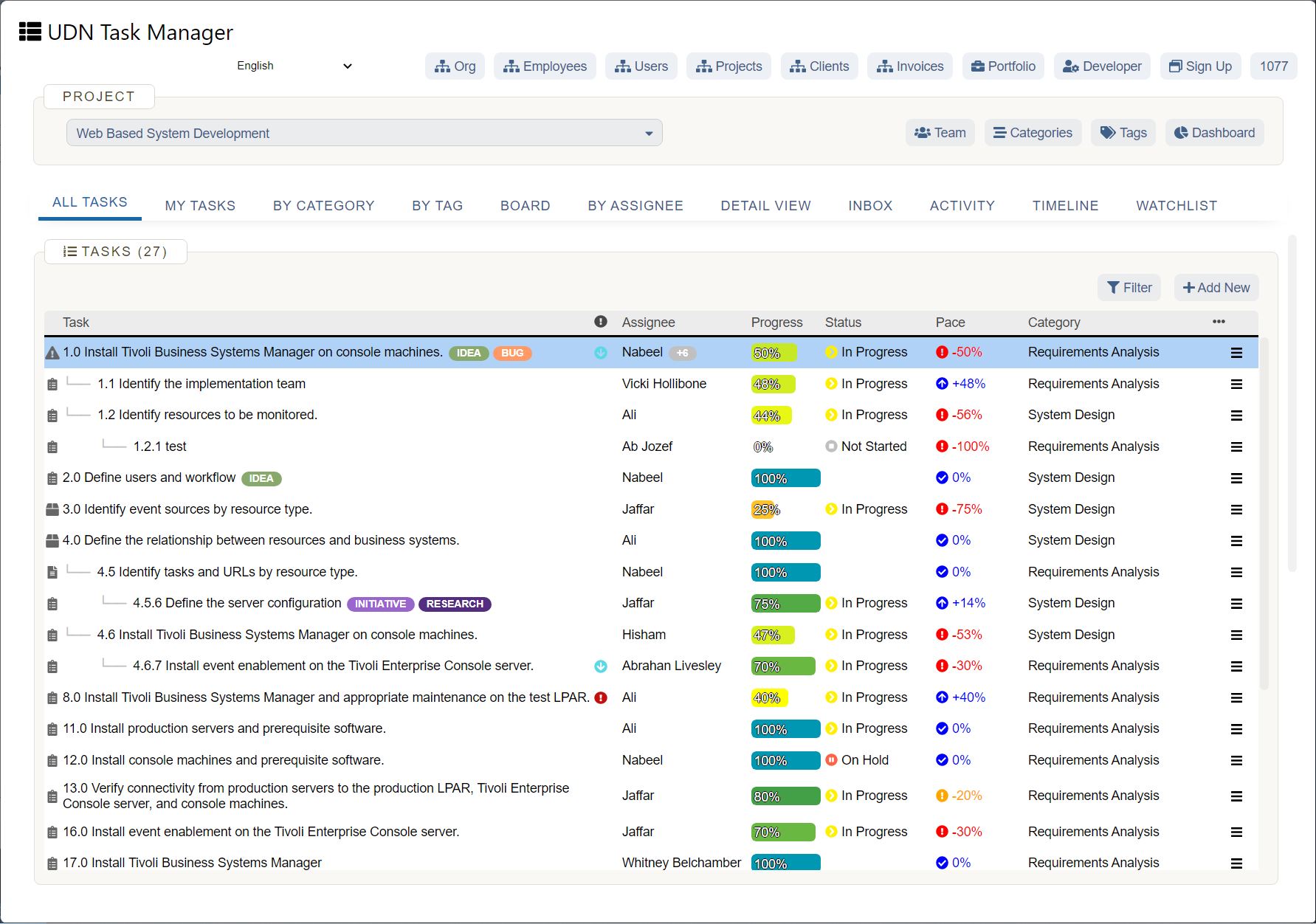
Delegating work means transferring responsibility for a specific task to a junior employee, team member, or external collaborator . This helps achieve more in less time and supplements your skills with other talents.
When delegating, ensure that you provide enough authority and resources for the worker to execute the task successfully. Note that delegation should not be a way to abdicate your duties or slack off work.
Effective delegating distributes tasks in a way that best advances the company's goals and capitalizes on each team member's strengths. It helps managers use their time, prioritize strategic tasks over tactical ones , and focus on fire-fighting . Handing over tasks also empowers employees to take on more responsibility, pursue leadership, and grow in their careers.
Why can delegating work be so difficult?
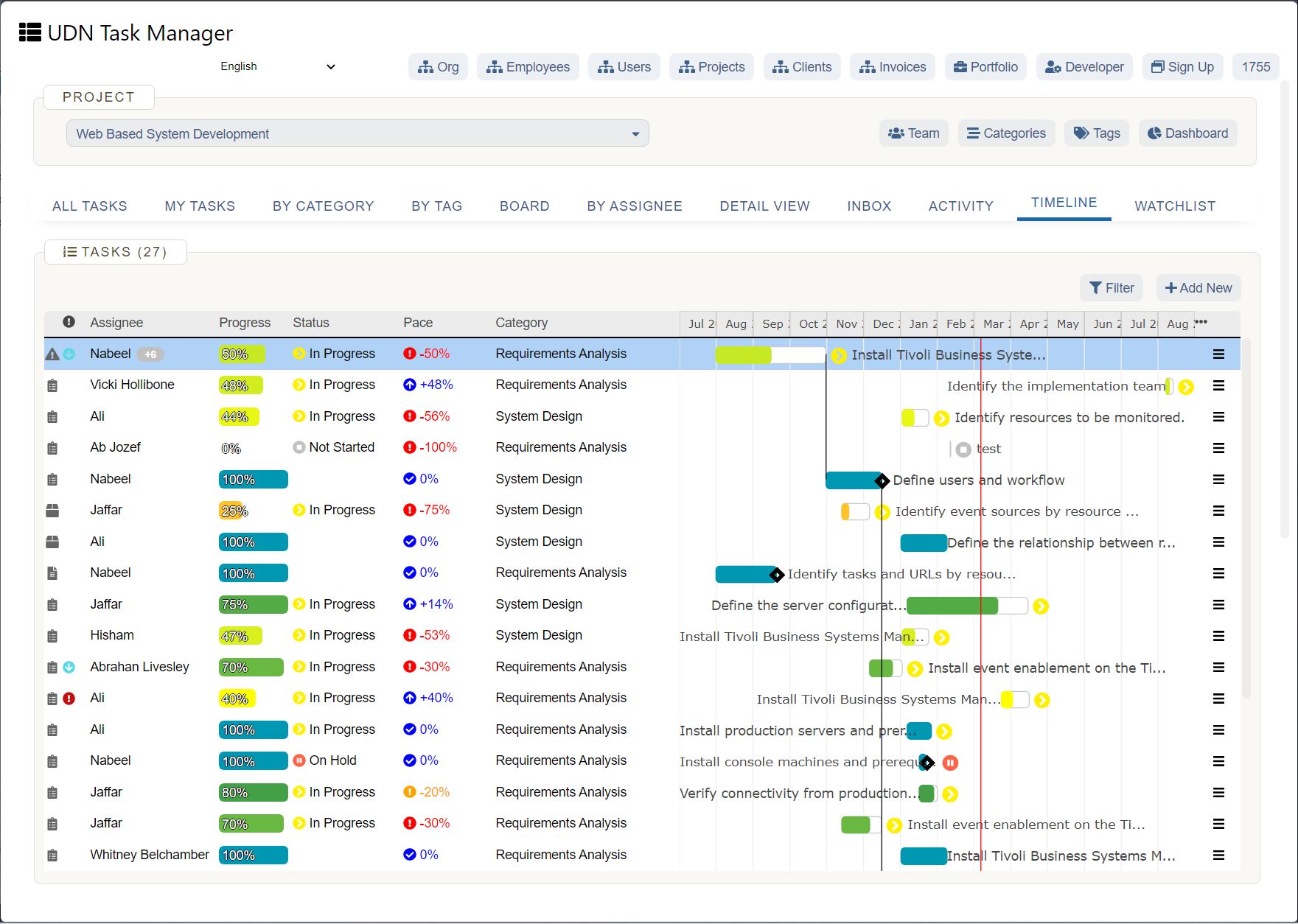
For many managers, delegation may feel disingenuous and uncomfortable. Research reveals that women leaders feel greater guilt about delegating than male leaders. Female managers have more negative associations with delegating, resulting in them delegating less than men and having lower- quality interactions with subordinates when they do.
It's crucial to remember that delegating does not mean you can't handle things yourself or are not a good manager. Delegation is a tool to help you optimize for speed. It also improves your ability to identify projects that can be executed by others who would benefit from the experience of doing the work.
A few other reasons managers have trouble delegating are:
It feels like a loss of control
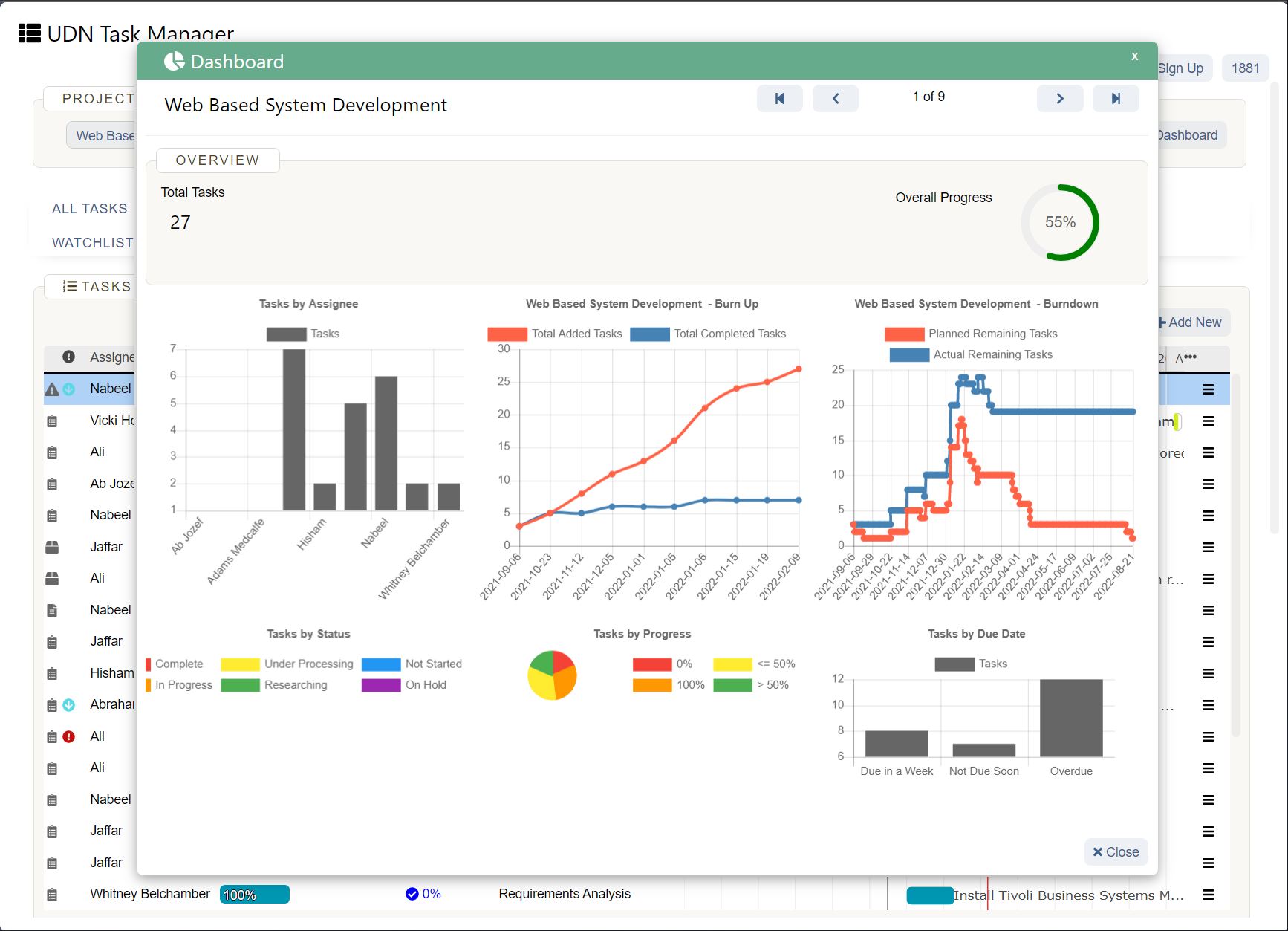
If you're new to delegating, assigning work you were previously responsible for can be difficult. It isn't easy to trust others to do a task as well as you know you can. Discovering errors in their work may cause you to overreact and take back the task. Resist the urge to do this and use the opportunity to teach a better way and improve the process.
It takes time and mentoring
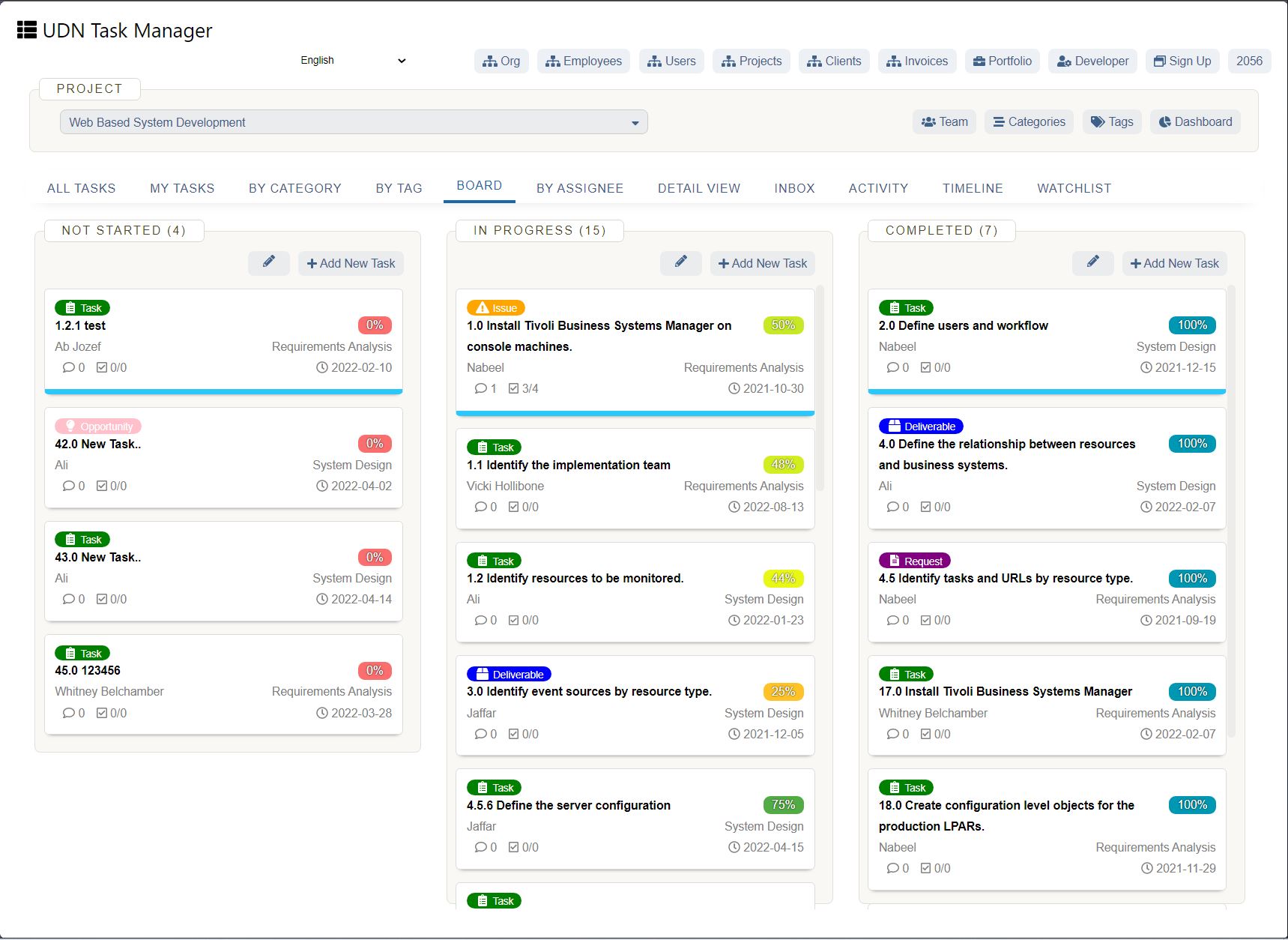
Delegating work may take a lot of time and mentorship, especially for the first few times or with new employees. However, it's a worthy investment. At the start, you may have to spend as much time mentoring the other person as you would completing the task.
Be patient and share the most useful information about the job. Review their tasks the first few times to help them improve. Over time, you can give them more autonomy knowing they can execute to an acceptable standard. Either check in occasionally or ask to receive email reports and updates.
You still hold a level of accountability
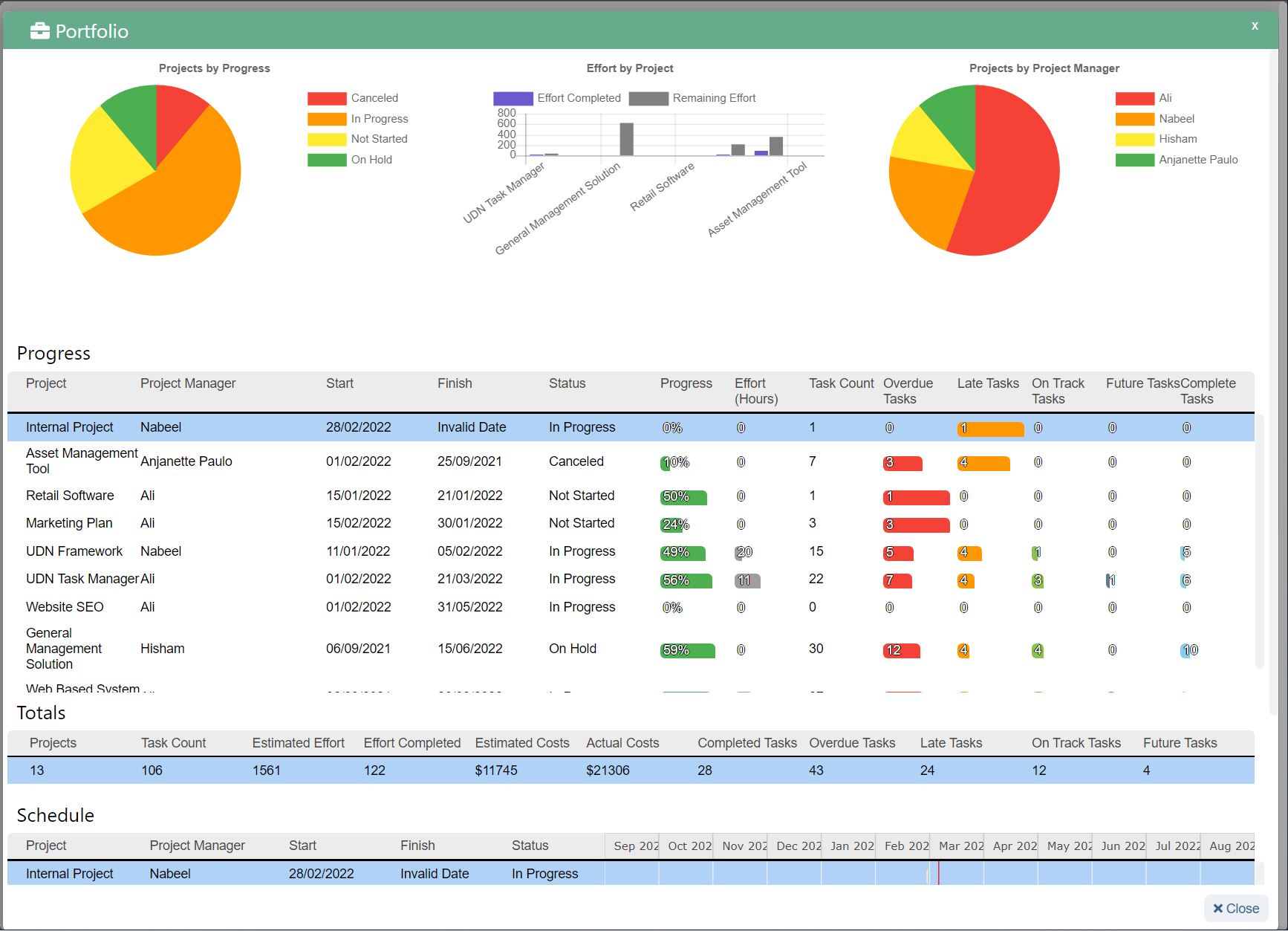
After delegating a task, you still have accountability for it, making many managers hesitate to hand down work. The most common difficulty with delegation is possibly accountability.
When you delegate a task, you give up the responsibility for its execution. But if you're a manager, you are still ultimately accountable for the success or failure of that task. You are measured and rewarded — or possibly chastised — for your team's output. Suddenly, delegating the creation of the CEO's presentation deck sounds like a pretty risky decision.
Examples of delegation in the workplace
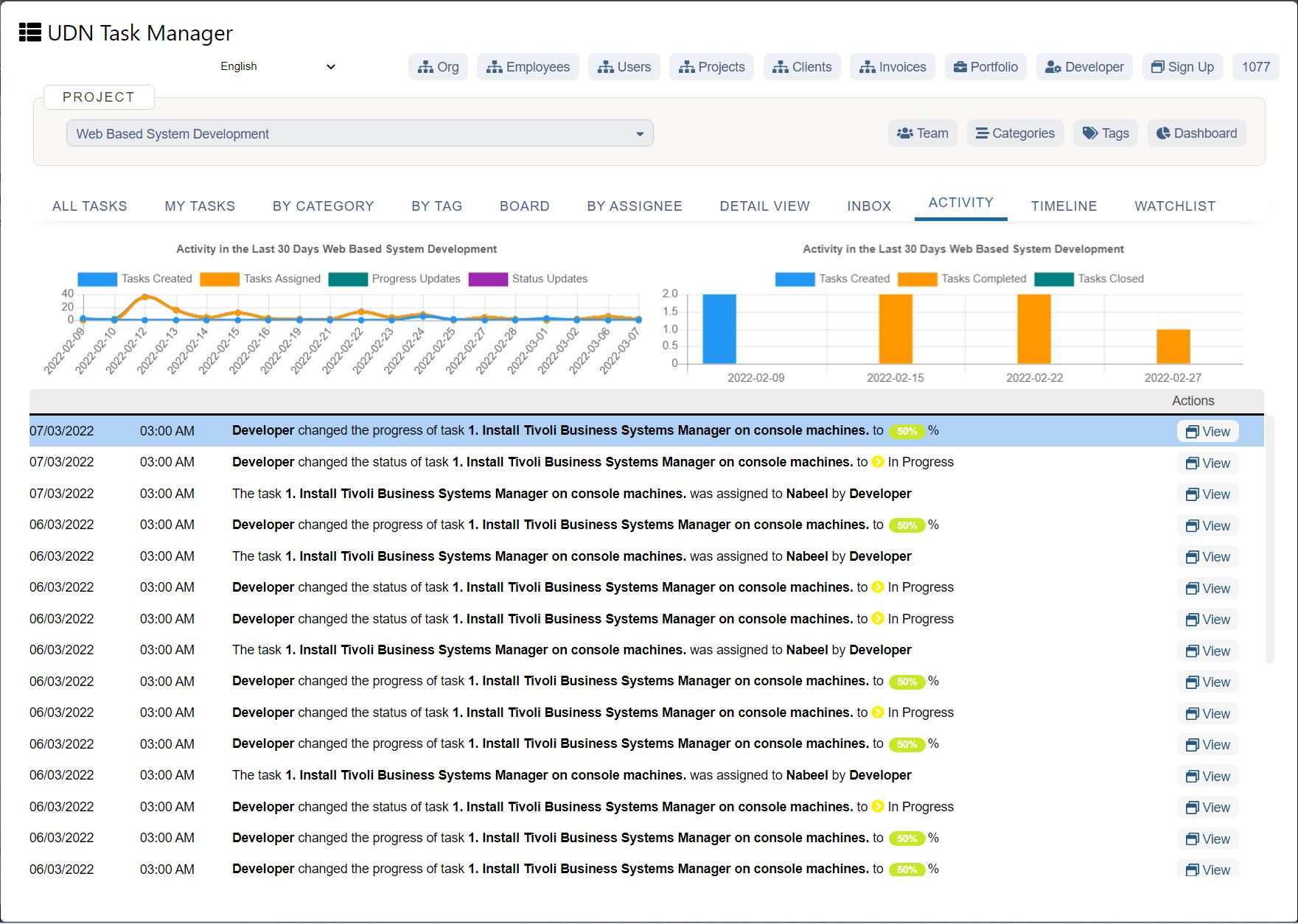
Not every task can be delegated. Tasks that are confidential in nature or critical for long-term business success may genuinely need your attention. You should only delegate tasks that have clear processes, are easily replicable and measurable, and do not require access to confidential business information.
For example, investor relations and employee performance reviews are critical functions of any business that should be handled by the owners, managers, or executives. On the other hand, day-to-day activities like running operational tasks or organizing events should be delegated to middle management and team leaders.
Some examples of delegation in the workplace with varying levels of trust and autonomy include:
How to improve work delegation skills
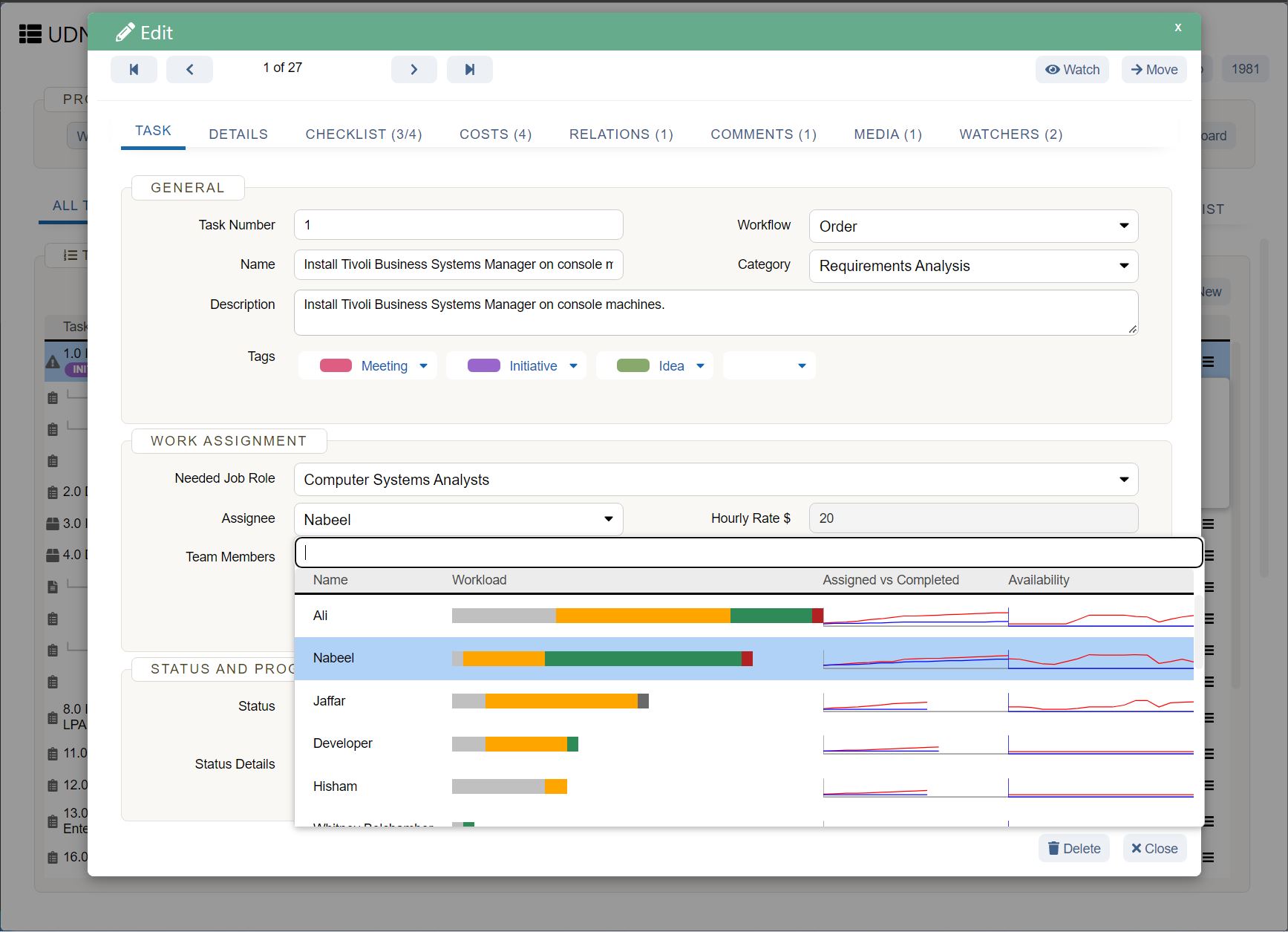
Let's now look at some specifics of how to effectively delegate to get the best results. To start, you must tackle the fear and uncertainty associated with delegating and lay the groundwork for success. Here are four actions you can take to improve the art of delegating.
Lay a good foundation

Here’s how to set the stage for effective delegation:
Learning to delegate is essential for climbing the career ladder. It's also essential for companies to succeed and have employees working at full capacity. Delegation is a reality no manager or leader can escape if they want to achieve goals, increase their organization’s customer base, and scale the business.
Let go of control
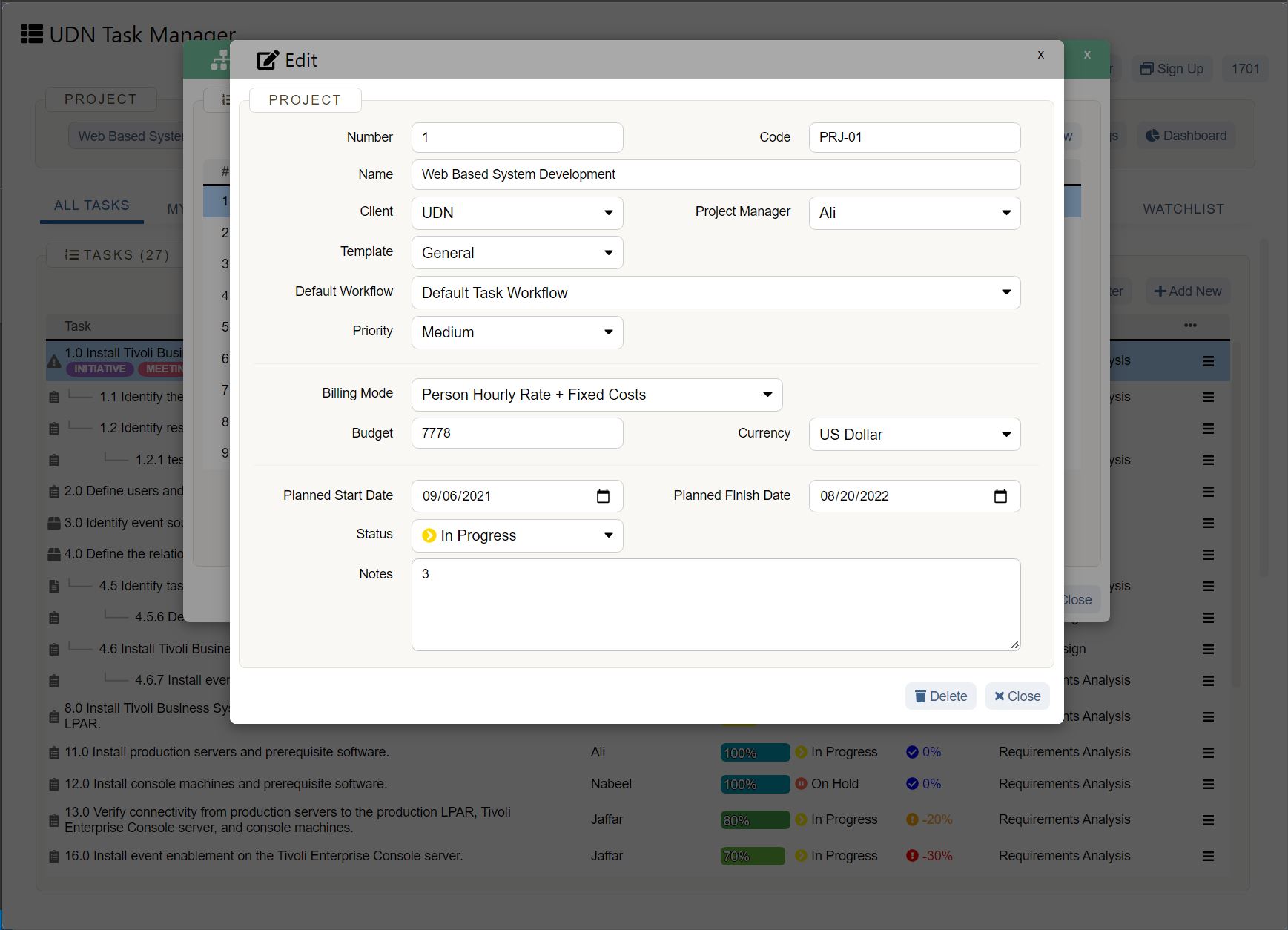
Let go of your picture of exactly how each task should be worked on and delivered. Once you have given clear instructions to the person you are delegating to, let them know they can reach you with questions or unexpected problems and relinquish control of the project.
Avoid micromanaging after handing a task over to someone else. This can interfere with their work process, undermine their authority, and cause them to experience imposter syndrome or even anxiety, leading to bad results.
Releasing the reins isn't easy, especially if you started as a small team and handled most day-to-day tasks yourself. It can be difficult to let go of those tasks and entrust them to others. However, there comes the point where you have to do just that for the organization to grow.
Give room for employees to learn
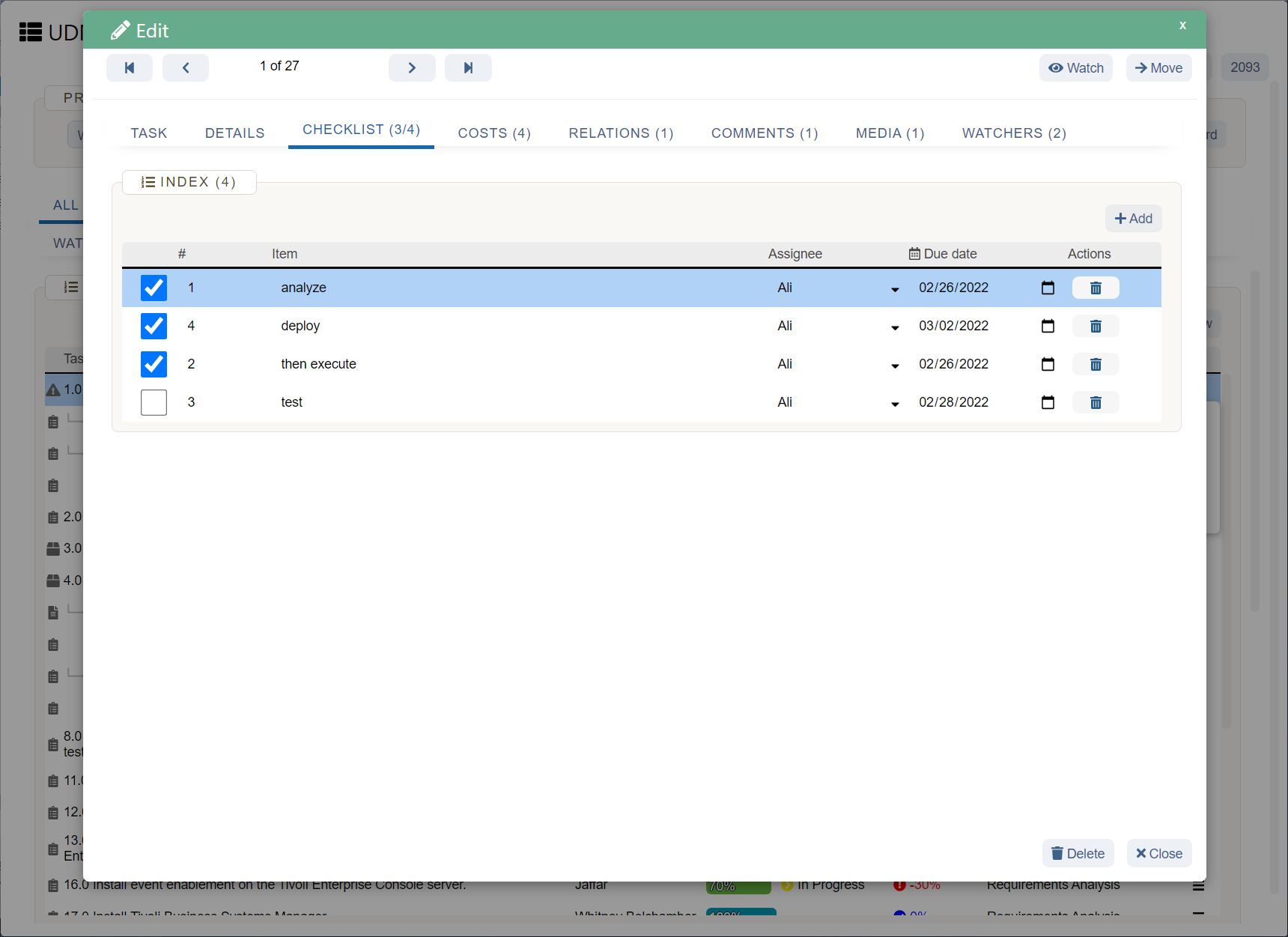
Work delegation makes it possible to create better outputs by leveraging and combining ideas from everyone involved, instead of limiting idea generation and solutions to just one manager.
An unsafe work environment may have a toxic delegating culture and overload employees with more work than they can handle, without proper training or resources.
When delegating to new hires, remember that everyone goes through a learning curve . Give them time and positive reinforcement as they settle into the role.
When delegating to current employees and contractors, make sure you are clear and detailed in your instructions and confirm that they understand the task you assigned them.
Think about your delegation choices
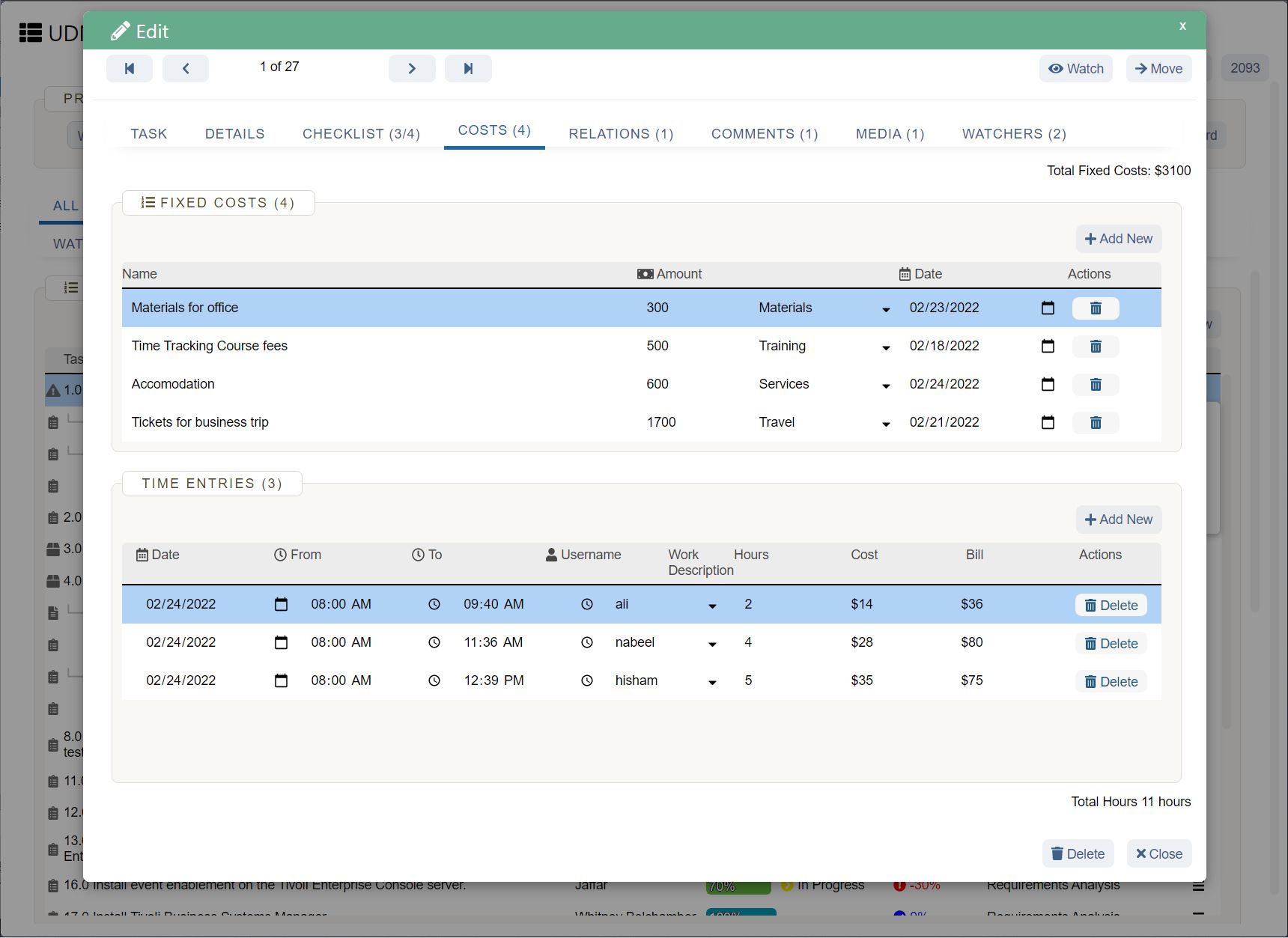
As mentioned, delegating work provides opportunities for employees to learn, grow, and ultimately contribute more to the organization's success. But for delegation to be successful, it must be coordinated.
Identify the best available team member for the task. Be clear on why you're delegating the task to this team or employee. Communicate clearly what the deliverables are, how their unique skills tie in, and where they can find additional resources or reach you if needed.
A critical function of leadership is identifying the strengths in their team and employees that they may not yet see in themselves. When delegating a task to an employee or team for the first time, it's helpful to explain why you chose them and express your confidence in their ability to execute it successfully.
Give clear guidance, support, and resources
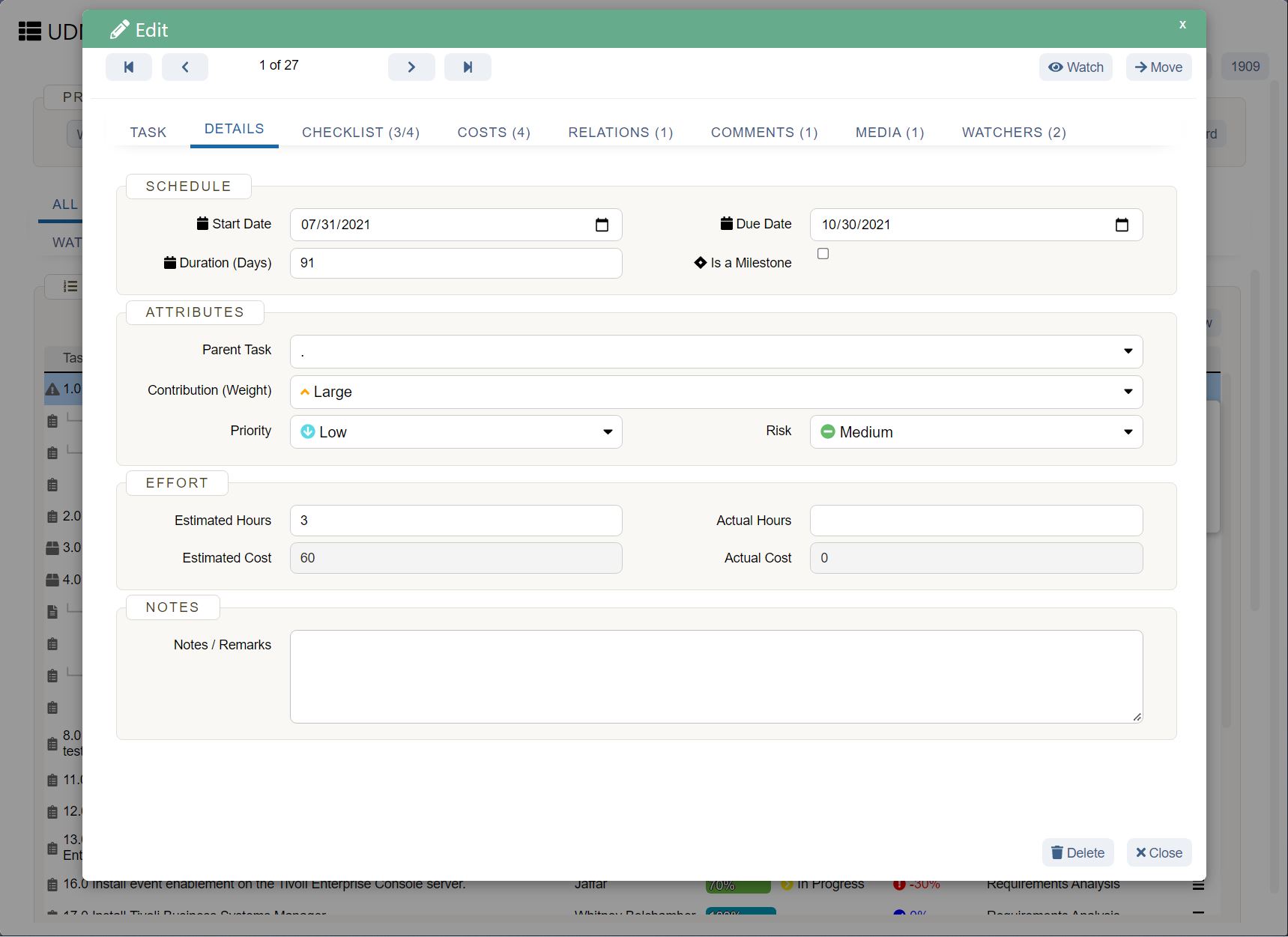
Delegation does not mean simply handing off a task and calling it a day. You should provide clear instructions, helpful resources, and accessible support should the team or employee run into obstacles.
If you have templates for the task at hand, guide them through working efficiently with the templates and tools. This way, you can ensure that the employee feels supported and can produce the results you need.
Don't delegate at random. Assign the right tasks to the right team or employee. As a manager, you need to understand your employees' and your teams' strengths, weaknesses, and preferences to set everyone up for success.
Review and offer feedback
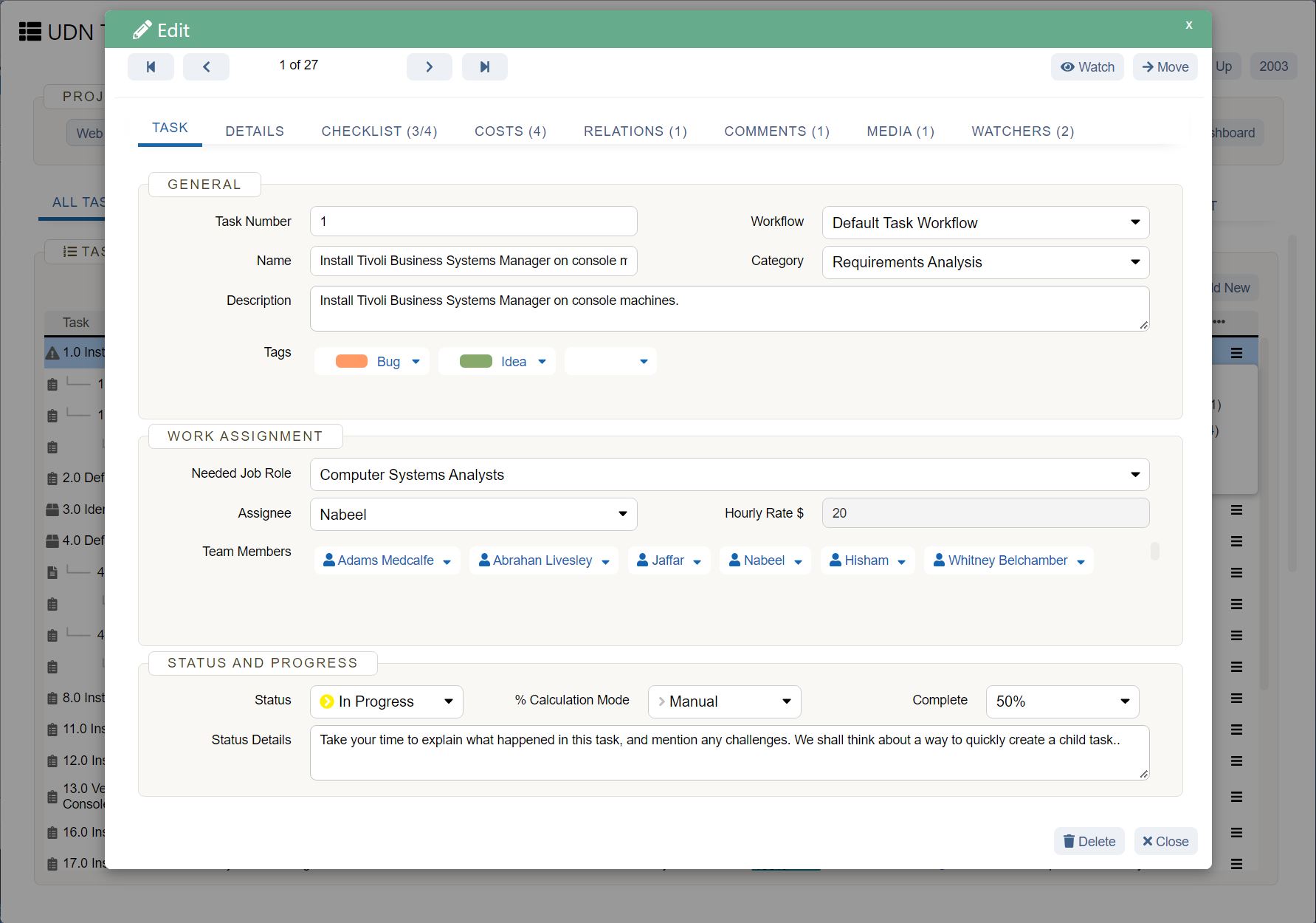
Review and offer feedback to let your team members know the eventual task outcome. Ensure results meet the criteria for completion and offer helpful, constructive feedback to the team or employee where needed.
Delegation is only successful with accountability and providing feedback marks the end of a complete delegation process. The person responsible for the task is held accountable for its timely completion, accuracy, and results.
If there was a problem with the work, offer suggestions for how they can make it right. And for tasks well done, recognize the team or individuals who made it happen. Giving recognition and critique after delegating provides immense value and encourages employees to give their best.
How to delegate work with UDN Task Manager
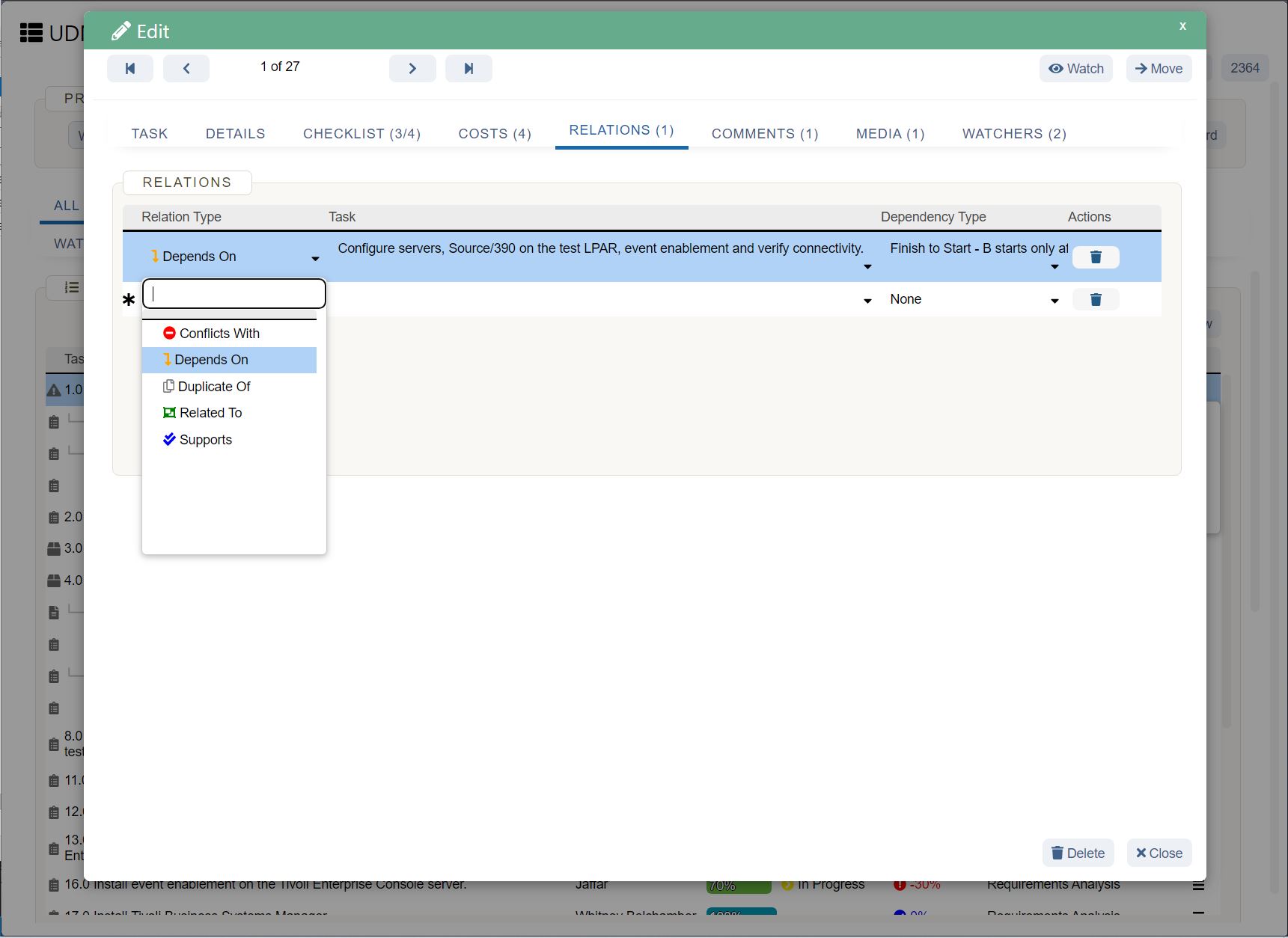
Delegating work is much easier when you have a team and project management system to help you keep track of ongoing projects and tasks.
UDN Task Manager 's robust task management capabilities and highly secure software allow you to easily assign tasks, monitor employee progress, and provide support and feedback as needed. Employees can ask for feedback, support, or resources directly, creating a feeling of empowerment to make decisions and take the initiative as they execute their work.
Are you ready to streamline and improve how you delegate work in your team? Get started with a free two-week trial today!











